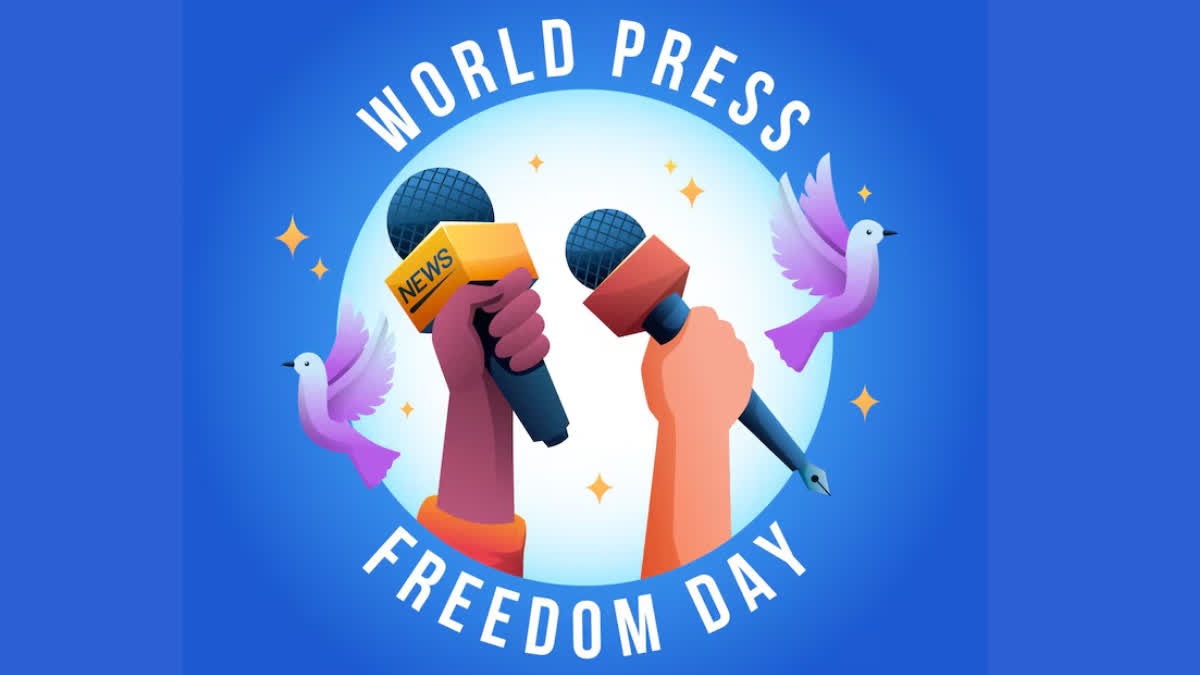
History of World Press Freedom Day
In a landmark decision in 1993, the United Nations General Assembly designated May 3rd as World Press Freedom Day. This decision came as a response to a recommendation made during the twenty-sixth General Conference session of UNESCO in 1991. It was a pivotal moment in recognizing the crucial role of a free press in fostering democracy and ensuring the dissemination of accurate information. The genesis of this initiative can be traced back to an African journalist’s proposal during a UNESCO conference held in Namibia in 1991.
Theme for World Press Freedom Day 2024: A Press for the Planet
Each year, World Press Freedom Day revolves around a specific theme aimed at spotlighting critical issues facing the media landscape. For 2024, the theme is “A Press for the Planet: Journalism in the Face of the Environmental Crisis.” This theme underscores the vital role of journalism in addressing environmental challenges and advocating for sustainable practices.
Previous Themes:
- 2023: Shaping a Future of Rights: Freedom of Expression as a Driver for All Other Human Rights.
- 2022: Journalism Under Digital Siege
- 2021: Information as a Public Good
Significance of World Press Freedom Day
World Press Freedom Day serves as a poignant reminder of the essentiality of a free press in any democratic society. It stands as a beacon against authoritarian regimes and underscores the value of transparent, accountable governance. Moreover, the day honors the sacrifices made by journalists worldwide who have risked and even lost their lives in the pursuit of truth. It is a testament to the courage and dedication of those committed to upholding the principles of press freedom.
On this 31st anniversary of World Press Freedom Day, let us reaffirm our commitment to defending and promoting the fundamental right to freedom of expression, ensuring that the press remains a steadfast guardian of democracy and a voice for the voiceless.






